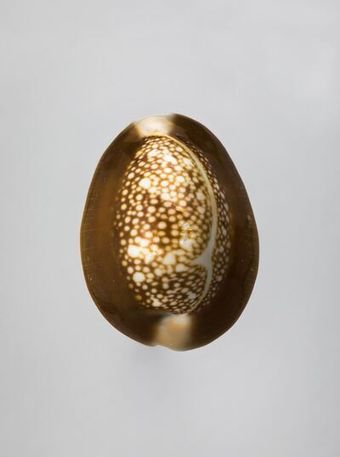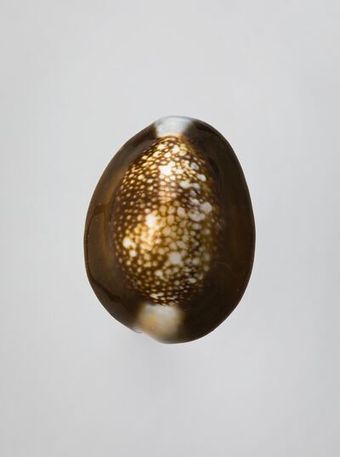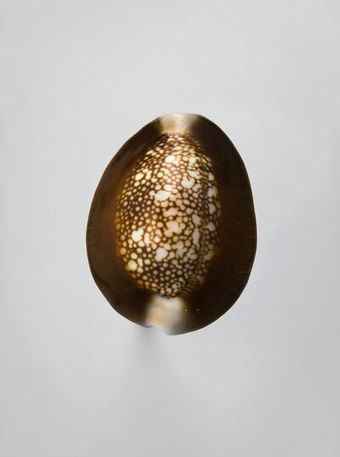Connect with Grigore Antipa National Museum of Natural History
Contact this content partner to get more information about this item.
["Papilio nireus Linnaeus, 1758 - mascul"]
- Description:
- At the needle there is the label of origin from the Carl Wilhelm Schmidt collection and the label of determination of Aristide Caradja. Dr. Paul Rudolf Preuss (1861-1926) was a German explorer, naturalist, botanist and horticulturist, born on December 12, 1861 in Thorn (today Toruń, Poland). After completing his studies, in 1885 (when he supported his license in Berlin), Preuss went to Africa, where he worked in Sierra Leone from 1886-1888. In 1889-1892 he participated in the expedition led by Eugen Zintgraff in western Cameroon. After his return from this expedition, he founded the Limbé Botanical Garden, being the first director of this institution, a position he exercised until 1902. During this period, especially to gather material for the botanical garden, he traveled to the West Indies, Mexico, Venezuela and Ecuador. He collected an extremely rich botanical and entomological material, part of which was sent to Kolonialwirtschaftliches Komitee from Berlin. Most of his insect collection came to Staudinger and Bang-Haas, which later sold copies of this collection to both private collectors and institutions (the collection of dipters is currently at the Deutsche Entomologische Institut). In 1902 he dismissed from the management of the Botanical Garden from Limbé, after which he conducted further research trips to Sri Lanka, Java and Papua New Guinea. An important number of plants, but also animals (including a reptile, six bird species and three mammal species) have scientific names reminiscent of this famous naturalist. Carl Wilhelm Schmidt (1859-1924) was an officer in the colonial army stationed in German East Africa. He made insect collections in German East Africa from 1885-1887 (Karsch, 1887). During his stay in Africa, but also after his return to Germany, Schmidt made an impressive collection of African day butterflies. At his death, the collection of Indo-Australian and African Rhopalocers made by him came to the possession of Friedrich Wilhelm Niepelt (1862-1936), a famous insect dealer from Zirlau (today Świebodzice-Ciernie, Lower Silesia, Poland). It is Niepelt who, in the first decades of the last century, sold to Prince Aristide Caradja a large number of African butterflies, among which also slipped copies of Carl Wilhelm Schmidt’s collection.
- Format:
- image
- Collections:
- Grigore Antipa National Museum of Natural History
- Content partner:
- Grigore Antipa National Museum of Natural History
- Availability:
- Not specified
-
Copyright status: Share, modifyFind out more about what you are able to do with this itemMore informationGrigore Antipa National Museum of Natural History has this to say about the rights status of this item:
http://creativecommons.org/licenses/by-sa/4.0/
What can I do with this item?Non-infringing useNZ copyright law does not prevent every use of a copyright work, and this item may be hosted by an international institute or organisation. You should consider what you can and cannot do with a copyright work.Share itThis item is suitable for copying and sharing with others, without further permission.Modify itThis item is suitable for modifying, remixing and building upon, without further permission.Check about commercial useYou'll need to confirm with the copyright holder using this item for commercial purposes.
Related items
Welcome and warm Pasifik greetings
The information on this site has been gathered from our content partners.
The names, terms, and labels that we present on the site may contain images or voices of deceased persons and may also reflect the bias, norms, and perspective of the period of time in which they were created. We accept that these may not be appropriate today.
If you have any concerns or questions about an item, please contact us.


